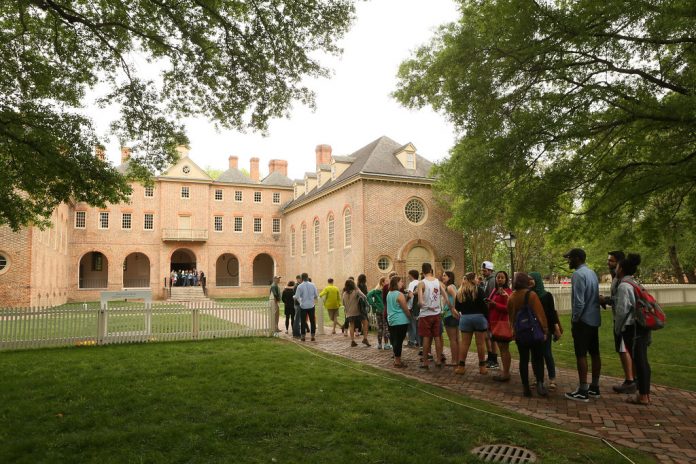The New Year of Rosh Hashanah is fast approaching, and to fellow Jews, that means eating apples and honey with shofars sounding, wishing all your friends “L’Shanah Tova” and having an overall day of celebration.
Rosh Hashanah is followed 10 days later by Yom Kippur, the significantly less fun day of remembrance, on which we fast and pray for forgiveness, asking that our names be inscribed in the Book of Life for another year.
Growing up as a relatively devout Reform Jew in a relatively Jew-dense city — for the American South at least — I’d miss school for the High Holy Days every year.
Even my North Carolina public school would usually give us at least one of the two days of prayer off, though we’d skip for the other one either way with a note from my parents and the expressed permission of the school.
It was always fun when we were younger to miss days that other kids didn’t and then explain the next day why all of the Jewish kids decided to be sick on the same day.
The stakes were low in middle school, when missing one day of class wasn’t a knock on your participation grade and wouldn’t mean missing important information for an exam.
It was a bit of a culture shock coming to college and not having classes off for the High Holy Days or any acknowledgement of them at all.
My high school probably had the most concentrated Jewish population of any non-denominational school in North Carolina, and I was very accustomed to everyone being aware of Jewish holidays and ceremonies.
With my combined class-missing anxiety and pressure from my parents not to skip class for any reason, I went to one evening service for Erev Rosh Hashanah my freshman year and skipped synagogue completely for Yom Kippur.
I felt guilty attending my regular classes on Yom Kippur, a day usually reserved for prayer and fasting.
No one was pressuring me to attend services — other Jewish students understood the commitment of classes — and my parents were probably more concerned about my grades than my spiritual fulfilment, but still it felt wrong.
I was breaking a tradition I’d followed my whole life. With so many professors counting attendance as a graded component of class, my anxious freshman self wasn’t willing to take the potential loss of points.
Looking back on it, I know it was stupid to compromise my religious observances for a couple points on my class grade.
However, I was, and still am, part of a culture that believes that academics have to come above all else, and the school policy to hold classes on my holiest days sent me a subliminal message that my religious observances were somehow less important than attending a couple hours of the same classes I have on every other day of the year.
Of course, it’s well worth noting that I’m speaking on behalf of myself, not all other Jewish students, and certainly not all other religious minorities on the College campus.
I have personally noticed a lack of sensitivity on these holidays specifically. While I can imagine that other students feel similarly, I’d love to hear the thoughts and feelings of other religious minorities and what they believe policy should look like.
Email Hannah Garfinkel at hjgarfinkel@email.wm.edu.

